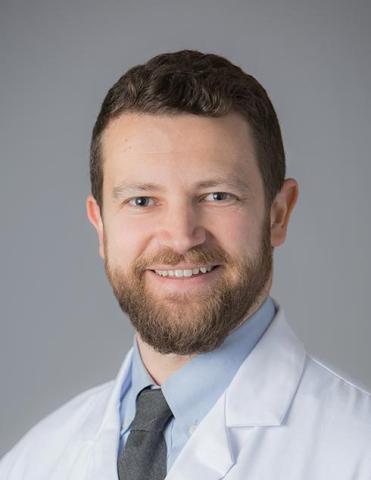For more than half a century, the W.M. Keck Foundation has funded projects that are distinctive and novel in their approach, question the prevailing paradigm, and have the potential to break open new territory in their field by the finest researchers at the most innovative institutions in the United States, seeing real-world impact brilliant ideas come to fruition.

This year, James Gardner MD PhD has received this prestigious award, as he and his lab are poised to undertake a high-risk, high-reward program to produce the definitional work on extrathymic Aire-expressing cells (eTACs) and their fundamental biology using and building a range of sophisticated genetic tools in order to define their critical role in immune homeostasis across a range of disease states, from autoimmune diseases like type I diabetes, to organ transplant rejection, to tumor immunotherapy.
"Despite remarkable advances in human health over the past century, we remain essentially unable to do something that seems deceptively straightforward: teach our immune system what not to attack," said Gardner. "And yet our bodies do this all the time: continuously teach our immune cells how not to attack our own tissues and organs. Defining the fundamental cellular and molecular mediators of immune self-education has broad implications for both basic immunology and human health."
For this undertaking, Gardner has aligned himself co-PIs Matthew Spitzer PhD, Associate Professor in Otolaryngology-Head & Neck Surgery, and Microbiology & Immunology, and Vasilis Ntranos PhD, Assistant Professor at Diabetes Center who heads the Bioinformatics program, as well as inestimable collaborators Ansu Satpathy MD PhD (Stanford) and Alex Marson MD PhD (Gladstone). This array of expertise spans tumor immunology and high-dimensional immune phenotyping/mass cytometry; single-cell genomics, machine learning, bioinformatics, and their application to immune-regulatory populations, and CRISPR screening.
“This innovative and cutting edge work headed by Jay Gardner will tackle one of the most important and challenging problems in medicine: Immune tolerance. Unlocking this problem is crucial in many clinical settings that include type 1 diabetes, transplantation, and cancer," said Director Mark Anderson MD PhD. "Jay has assembled a spectacular team of investigators and I am thrilled to see this supported by the Keck Foundation.”
"I’m truly honored that our project was selected for this illustrious and transformative award," said James Gardner. "We are deeply excited about this biology and its implications for human health across a range of disease states."
The W. M. Keck Foundation was established by William Myron Keck, who envisioned a philanthropic institution that would provide far-reaching benefits for humanity. By taking a bold, creative approach to grant making, he created a legacy that the Foundation proudly upholds today.
